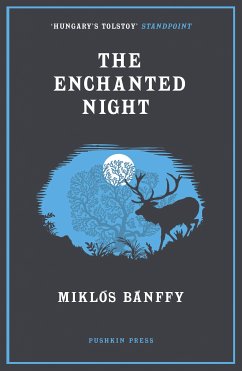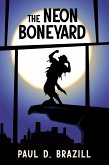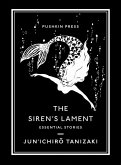Enthralling stories from the celebrated author of The Transylvanian Trilogy'A great storyteller' GuardianBack from Troy, the 'divine' Helen looks with fresh eyes at her foul-mouthed hero-husband; a girl in a mountain village seeks reassurance about her arranged marriage; a drunken mandarin invites the devil to tea; and a German princess discovers that people actually drink goat's milk. These delightful tales exhibit Bánffy's customary blend of high seriousness and subtle humour, his rich imagination and his remarkably wide-ranging sympathies.Appearing in English for the first time, in finely nuanced translations by the prize-winning Len Rix, The Enchanted Night furthers the writer's growing reputation as one of the most compelling European writers of the twentieth century.
Dieser Download kann aus rechtlichen Gründen nur mit Rechnungsadresse in A, B, BG, CY, CZ, D, DK, EW, E, FIN, F, GR, HR, H, IRL, I, LT, L, LR, M, NL, PL, P, R, S, SLO, SK ausgeliefert werden.








